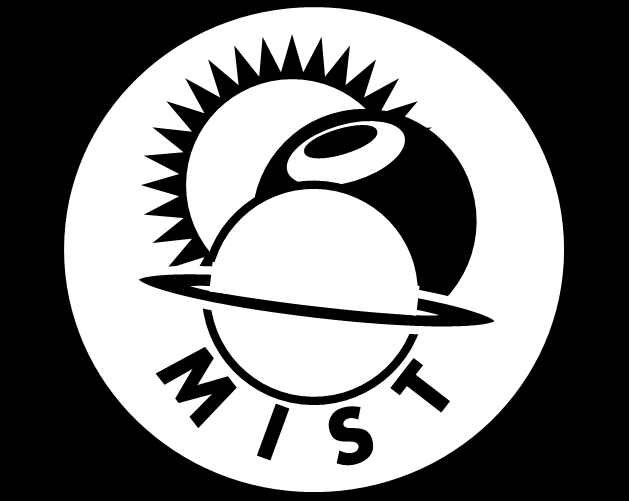MIST
Magnetosphere, Ionosphere and Solar-Terrestrial
Solar Energetic Particle Events Detected in the Housekeeping Data of the European Space Agency's Spacecraft Flotilla in the Solar System
By Beatriz (University of Leicester)
Space Weather is the discipline that aims at understanding and predicting the state of the Sun, interplanetary medium and its impact on planetary environments. One source of Space Weather is Solar Energetic Particles (SEPs), which are emitted by the Sun and enhance the radiation and particles that flow in space. Predicting the motion of these particles is important but difficult as we need good satellite coverage of the entire inner Solar System, and only a limited number of spacecraft have the necessary instrumentation. Thanks to the European Space Agency flotilla in the solar system, that is, Venus Express, Mars Express, ExoMars-Trace Gas Orbiter, Rosetta, BepiColombo, Solar Orbiter, and Gaia, we performed a feasibility study of the detection of SEP events using engineering sensors in the main body of the spacecraft that were originally placed there to monitor its health during the mission. We explored how much scientific information we can get from these engineering sensors, such as the timing and duration of an SEP impacting the spacecraft, or the minimum energy of those particles to trigger a detection. The results of this study have the potential of providing a good network of solar particle detections at locations where no scientific observations are available.

Please see publication for further details: , , , , , , et al. (2023). Solar energetic particle events detected in the housekeeping data of the European Space Agency's spacecraft flotilla in the Solar System. Space Weather, 21, e2023SW003540. https://doi.org/10.1029/2023SW003540
